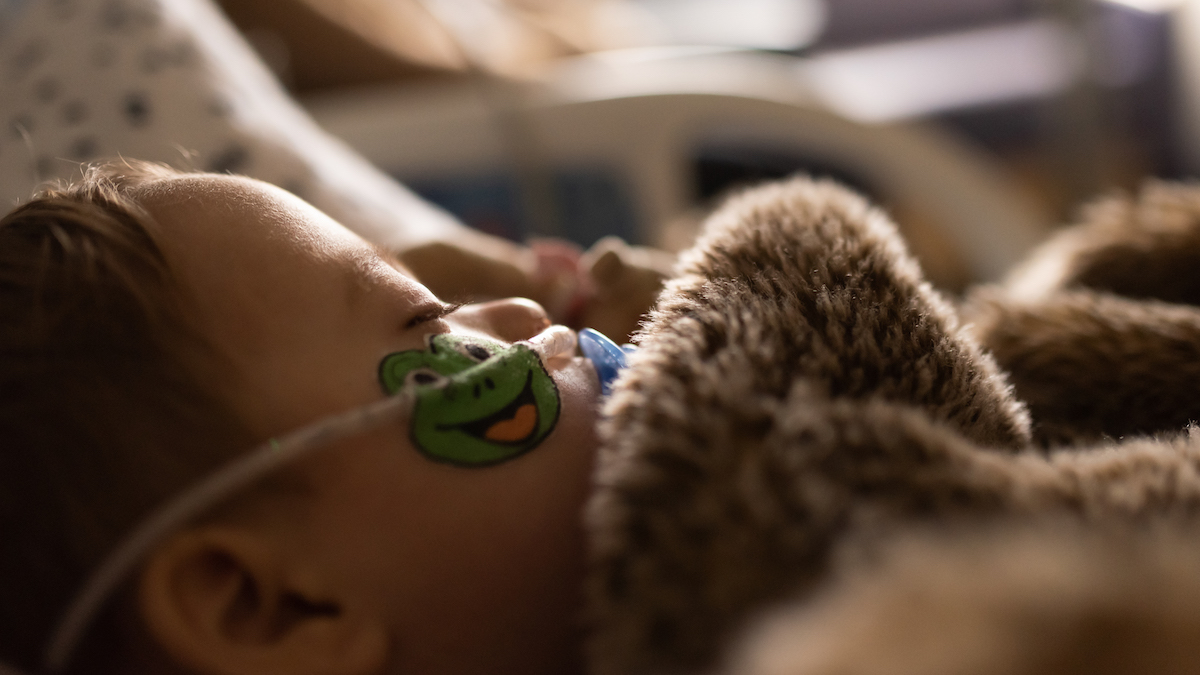With kids back in school and cooler weather leading us to spend more time inside, germs are spreading more easily, and respiratory viruses are on the rise.
So, what can you do to help comfort your child when they're sick?
News4’s Doreen Gentzler spoke to Dr. Krupa Playforth, The Pediatrician Mom, who shares essentials she always has stocked in her medicine cabinet this time of year.
Nasal Saline and Suction Tool
We're making it easier for you to find stories that matter with our new newsletter — The 4Front. Sign up here and get news that is important for you to your inbox.
“One of my children is young — he’s 15-month-old. So, we use a NoseFrida and a nasal saline spray,” Playforth said.
If your children are older, use nasal spray and tissues.
“Have them blow their nose and practice that skill,” Playforth said. “Steam inhalation is also really great.”
Healthy Fluids Your Kid Likes
Hydration is very important, especially if a child has a stomach bug.
Caregivers often focus on what a child eats — but hydration is the first concern.
“Children will eat when they’re hungry. But if they’re not eating and they’re still hydrating — and you’re watching their urine output… it’s ok to focus on that,” Playforth said.
Pedialyte is a good choice, along with frozen popsicles and diluted apple juice.
“If your child has a tummy bug, we have good data that shows 50%, half-strength apple juice can be as effective as Pedialyte if your children don’t happen to like the taste of Pedialyte,” Playforth said.
Pain Relievers
Ibuprofen (Advil, Motrin) and acetaminophen (Tylenol) in kid-sized doses are a no-brainer for the medicine cabinet. Just make sure to follow the dosing directions on the package.
Ibuprofen should not be given to children under 6 months, according to the National Institutes of Health. Here’s more dosing guidance for ibuprofen and acetaminophen.
Honey
For coughs and colds, there’s good data showing that honey can be an effective, natural intervention for children over the age of 1.
Since honey can contain bacteria that causes infant botulism, it’s important to wait until your child is older than 12 months, according to the Centers for Disease Control and Prevention.
When to Use the Emergency Room or Urgent Care
High fever (above 100.4° for babies under 2 months and above 102° for older babies and kids) that doesn't get better with medicine, signs of dehydration, trouble breathing and heavy fatigue are among signs of an emergency, according to MedlinePlus. A fever above 105° needs immediate medical attention, the American Academy of Family Physicians.
Urgent care can help with low fevers and minor injuries.
If you're ever unsure, call your child's health care provider.



